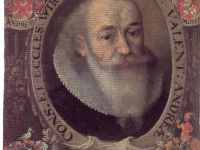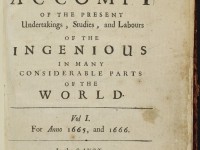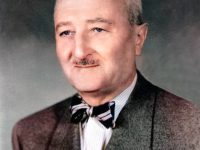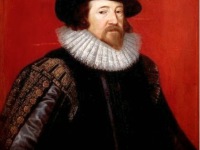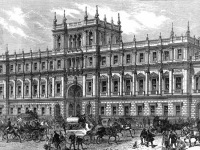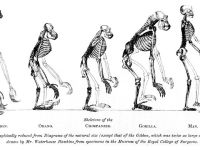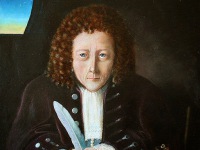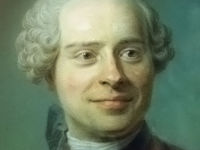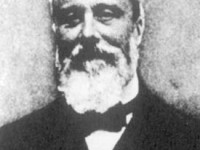Johann Valentin Andreae and the Legend of the Rosicrucians
On August 17, 1586, German theologian and author Johannes Valentinus Andreae was born. He claimed to be the author of the Chymische Hochzeit Christiani Rosencreutz anno 1459 (1616, Strasbourg, the Chymical Wedding of Christian Rosenkreutz), one of the three founding works of Rosicrucianism, a philosophical secret society said to have been founded in late medieval Germany by Christian Rosenkreutz. Rosicrucianism holds a doctrine or theology “built on esoteric truths of the ancient past“,…
Read more

